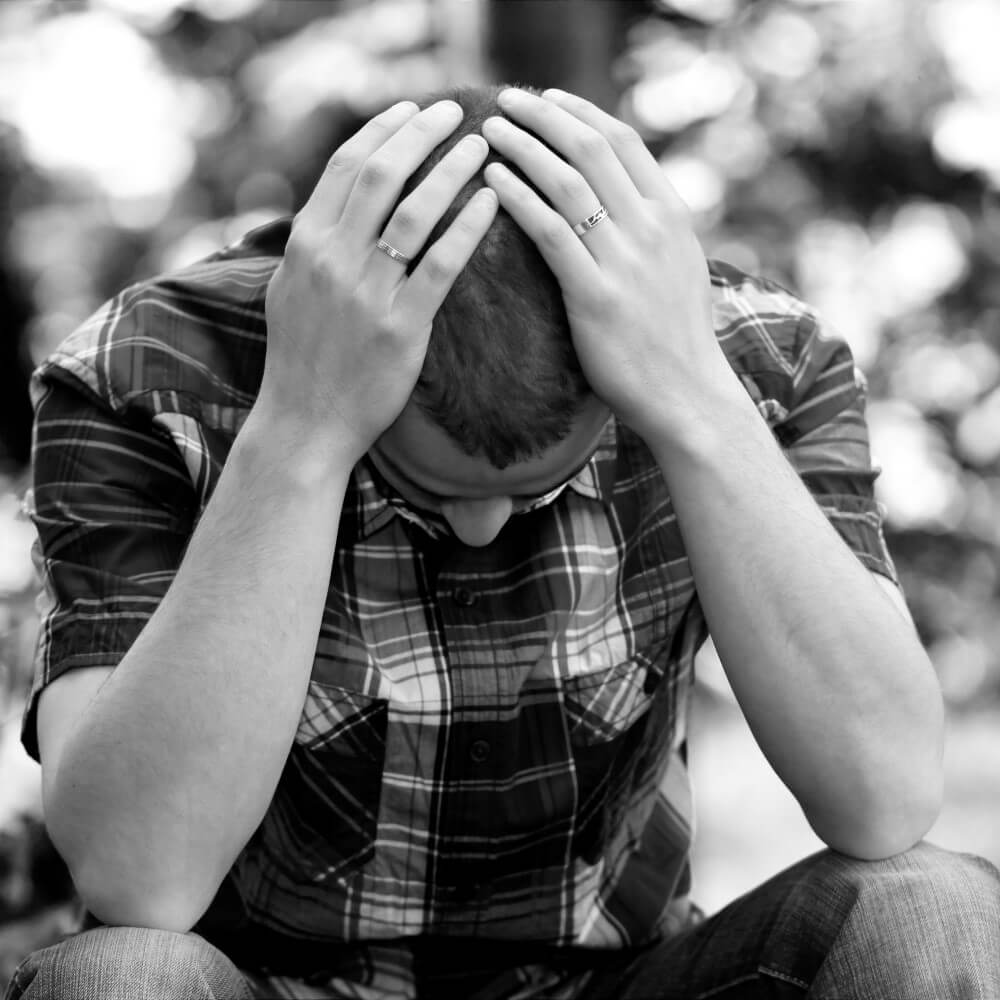Low sexual urge or decreased libido in women is a common concern and can result from a combination of physical, psychological, hormonal, and relational factors.
One major cause is hormonal imbalance, particularly a drop in estrogen and testosterone levels, which can occur during menopause, pregnancy, or after childbirth. These hormonal shifts can lead to vaginal dryness, discomfort during intercourse, and reduced sexual desire. Chronic stress, anxiety, and depression are also significant contributors, as they disrupt brain chemicals that influence arousal and mood, making it difficult for women to feel emotionally or physically interested in sex.
Fatigue and lack of sleep, especially among working women or mothers, can reduce energy and focus, leading to low libido.
Additionally, relationship issues such as unresolved conflicts, lack of emotional intimacy, or poor communication can diminish a woman’s interest in sexual activity. Certain medical conditions—like thyroid disorders, diabetes, or chronic pain, may also negatively affect sexual desire. Medications, especially antidepressants (SSRIs), birth control pills, and blood pressure drugs, can interfere with libido as well.
Lifestyle factors like poor diet, lack of exercise, alcohol abuse, and smoking can further lower sexual urge by impacting hormonal health and overall well-being.
Finally, past trauma or negative sexual experiences can have long-term psychological effects that suppress desire. Understanding these underlying causes is essential for seeking appropriate treatment, whether it involves therapy, medical consultation, lifestyle changes, or couples counseling, to restore a healthy and fulfilling sex life.







